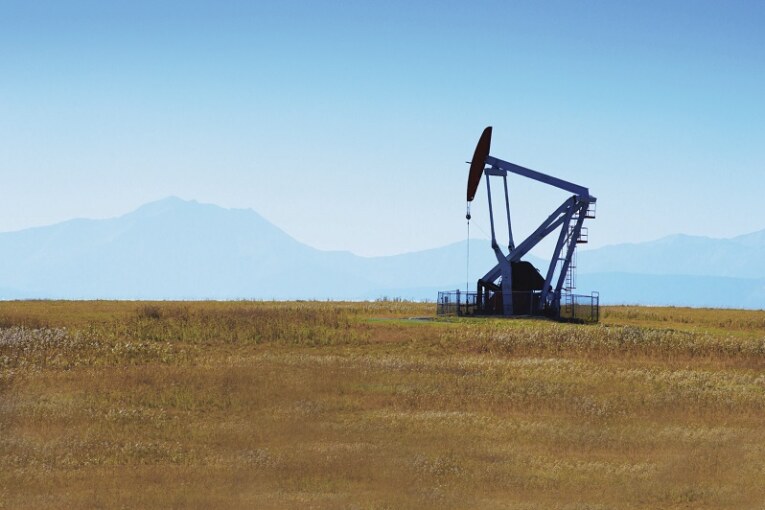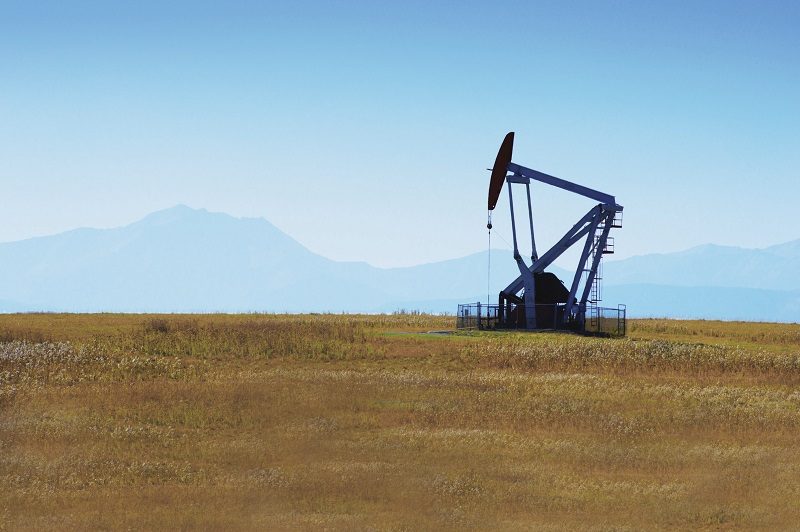

Oil prices were down slightly on Wednesday, while there are hopes of demand recovery in China as the country gradually eases some of its strict COVID-19 containment measures.
U.S. West Texas Intermediate (WTI) crude futures dropped 61 cents, or 0.53%, to $112.93 a barrel, paring some losses after oil prices fell by around 2% in the previous session.
Brent crude futures were down 50 cents, or 0.44%, at $112.18 a barrel.
Shanghai on Tuesday achieved its long-awaited milestone of three consecutive days with no new COVID-19 cases outside quarantine zones and on Monday set out plans for ending a lockdown that has lasted more than six weeks.
“Beyond the near term, less awful news on China offers a nip in the tail in the form of much higher oil demand and prices, which is positive for producers, but harmful for consumer sentiment,” Stephen Innes, managing partner at SPI Asset Management, said in a client note.
U.S. crude and gasoline stocks fell last week, market sources said, citing American Petroleum Institute figures on Tuesday. U.S. government data is due on Wednesday.
“Soaring diesel and distillate prices, along with tight crude stocks is supporting WTI and I believe that situation will limit the downside from here in oil prices over the next few sessions,” OANDA senior analyst Jeffrey Halley said.
However, there is still pressure on prices following reports that the United States is allowing Chevron Corp to negotiate oil licences with Venezuela’s national producer, temporarily lifting a U.S. ban on such discussions, analysts from ANZ Research said in a client note on Wednesday.
“The proposed changes could ultimately lead to more crude oil hitting the market.”
Further weighing on the market was the European Union’s failure on Monday to persuade Hungary to lift its veto on a proposed embargo on Russian oil. But some diplomats now point to a May 30-31 summit as the moment for agreement on a phased ban.
In the United States, Federal Reserve Chairman Jerome Powell on Tuesday pledged that the central bank would ratchet up interest rates as high as needed to stifle a surge in inflation that he said threatened the foundation of the economy.
You can read more of the news on source



